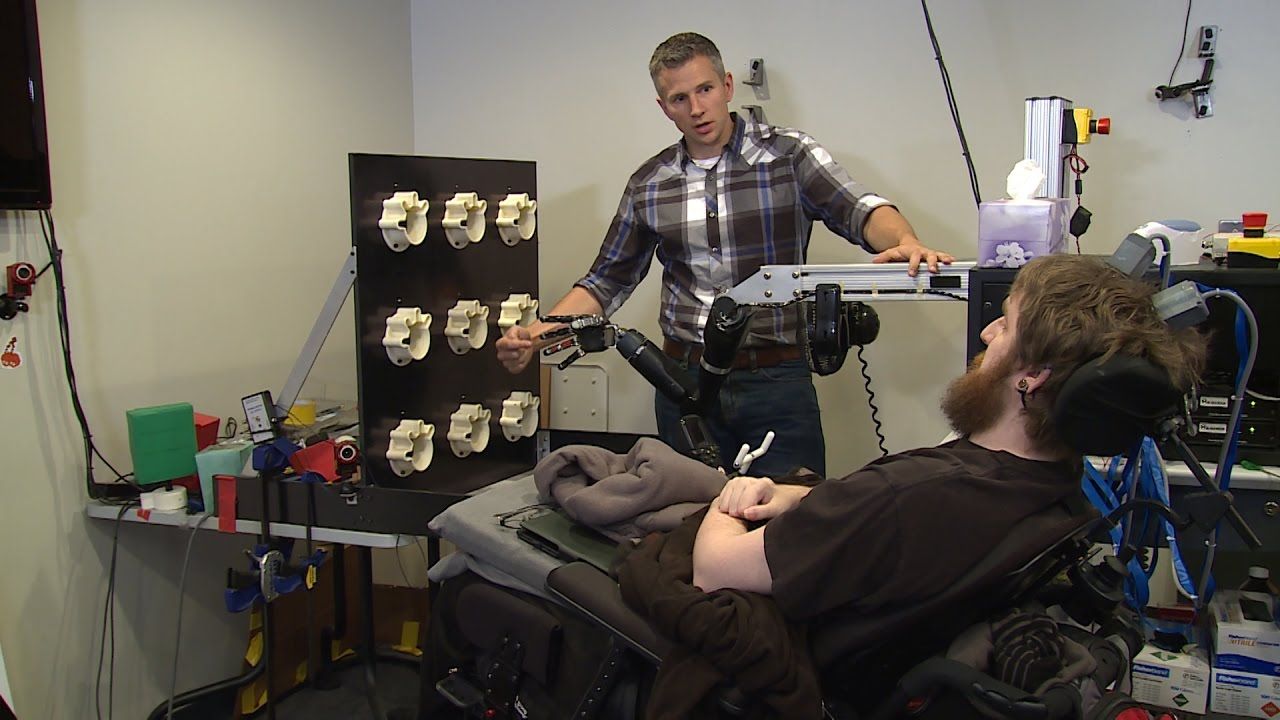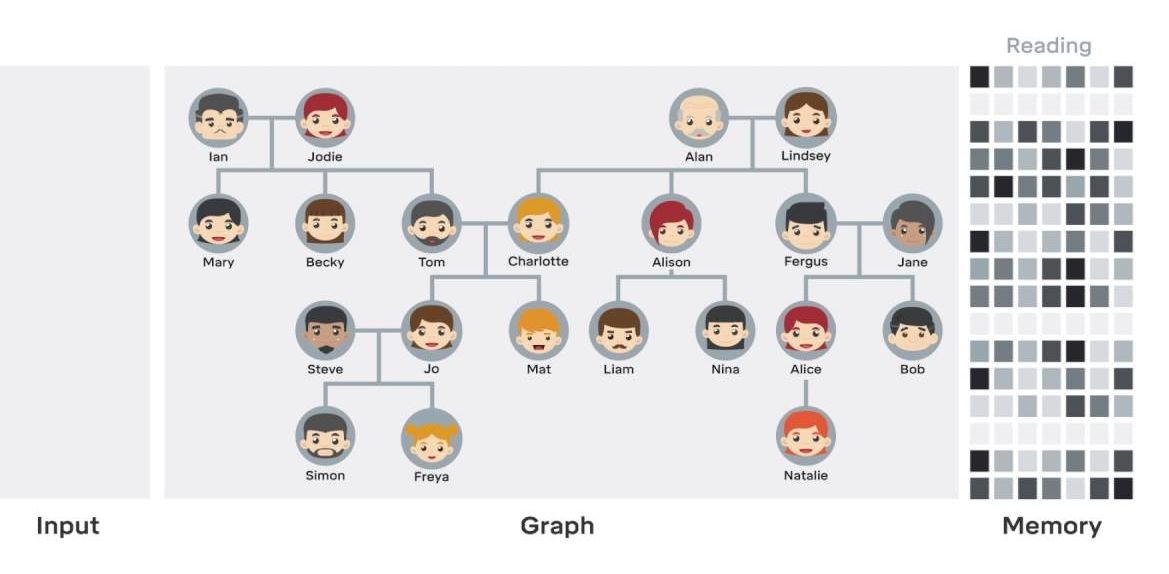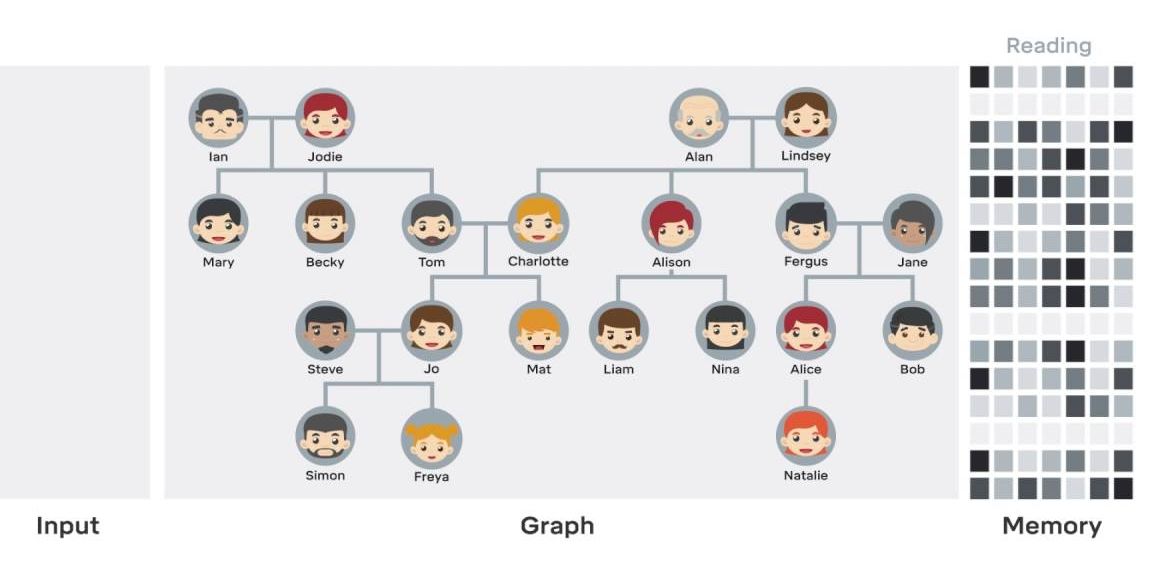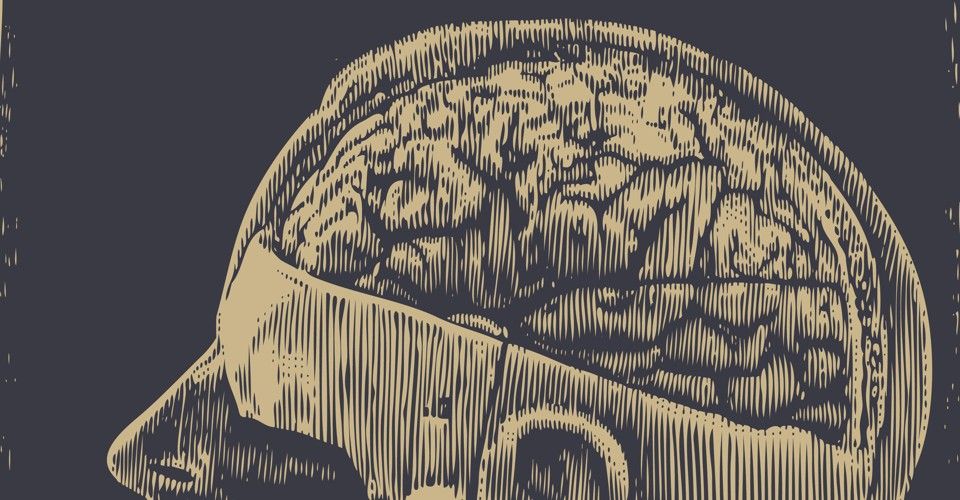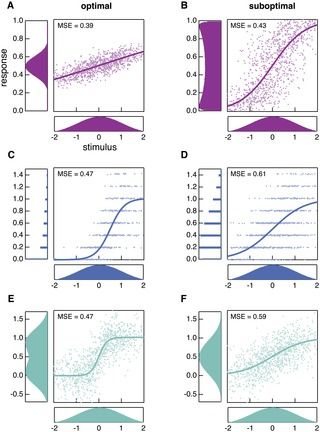
For decades the efficient coding hypothesis has been a guiding principle in determining how neural systems can most efficiently represent their inputs. However, conclusions about whether neural circuits are performing optimally depend on assumptions about the noise sources encountered by neural signals as they are transmitted. Here, we provide a coherent picture of how optimal encoding strategies depend on noise strength, type, location, and correlations. Our results reveal that nonlinearities that are efficient if noise enters the circuit in one location may be inefficient if noise actually enters in a different location. This offers new explanations for why different sensory circuits, or even a given circuit under different environmental conditions, might have different encoding properties.
Citation: Brinkman BAW, Weber AI, Rieke F, Shea-Brown E (2016) How Do Efficient Coding Strategies Depend on Origins of Noise in Neural Circuits? PLoS Comput Biol 12(10): e1005150. doi:10.1371/journal.pcbi.1005150
Editor: Jeff Beck, Duke University, UNITED STATES
Continue reading “How Do Efficient Coding Strategies Depend on Origins of Noise in Neural Circuits?” »
